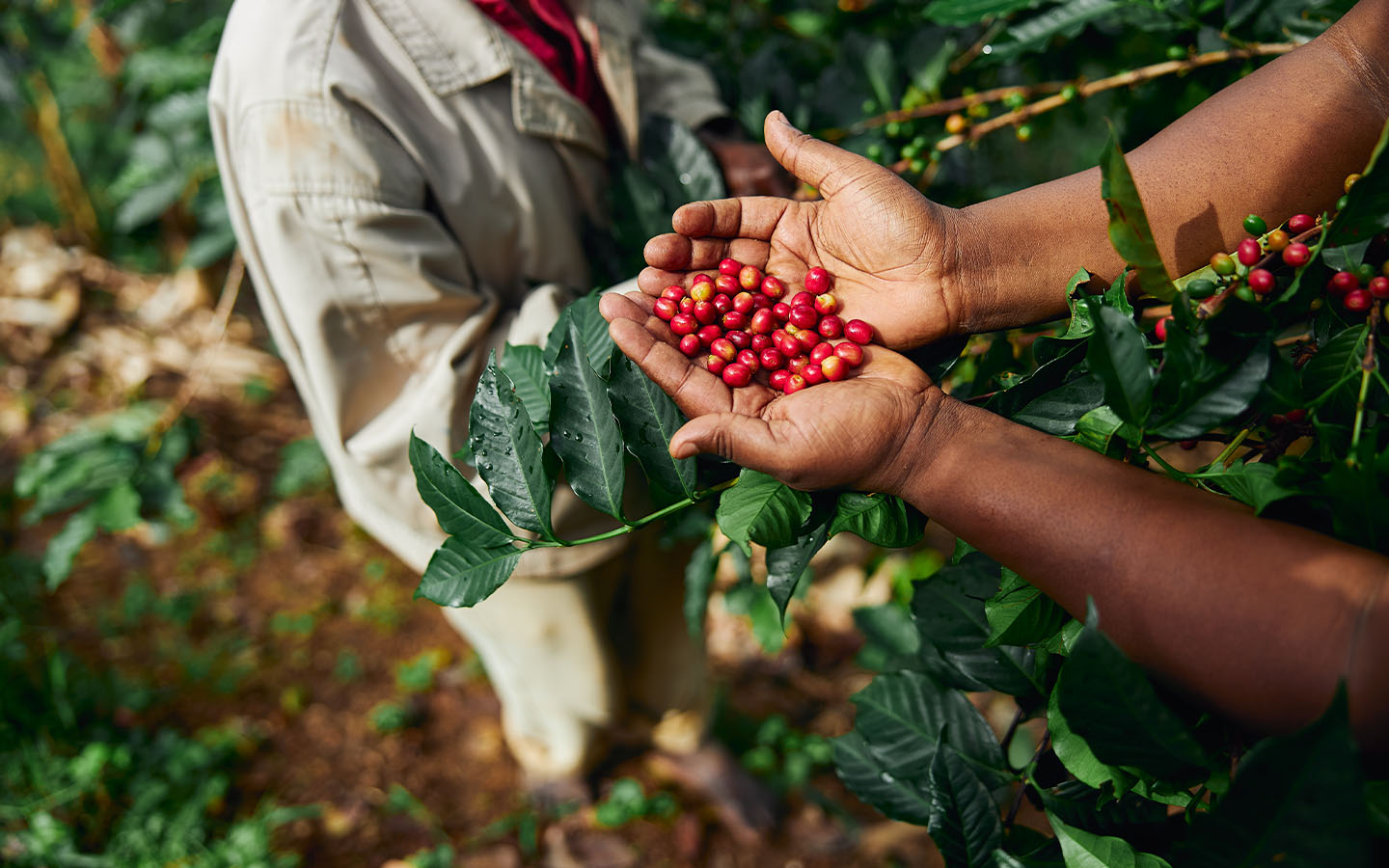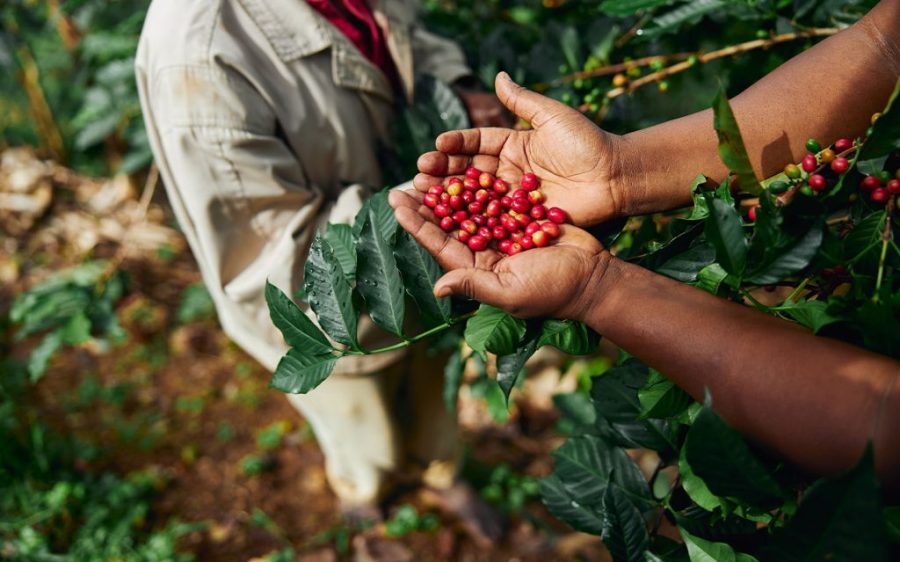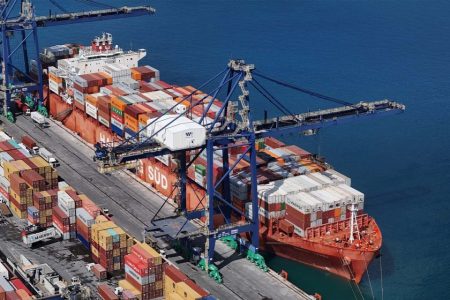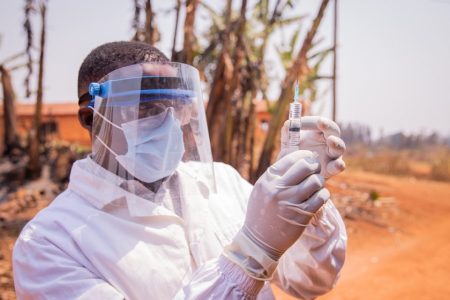As many traditional powerhouses of coffee production struggle in the face of climate change, Mozambique aims to become a new leader in Africa.
The Portuguese news agency Lusa reports that systematic coffee production in the country began less than five years ago, much of it concentrated in Gorongosa National Park. Located in the central province of Sofala, the sprawling nature conservation area has a number of initiatives that combine conservation with sustainable economic development. Their shade-grown coffee production helps to restore rainforests while also employing nearly 1,000 local growers.
Last year, the park produced 40 tons of green beans from 275 hectares – accounting for much of the coffee production and dedicated land in the country.
Mozambique is at “a very early stage” in developing the industry, Jenaro Lopes, president of the Mozambican Coffee Growers Association (Amocafé), told Lusa “What we need to do is produce high-quality coffee so we can win over markets outside Mozambique,” he said.
Gorongosa provides a template for that, as one of just six local organisations that meets export standards and sells to various countries around the world, including some in Europe. The park’s top growers have also achieved revenues from coffee sales four times that of the average coffee farmer in Mozambique, underscoring the economic value of developing the industry locally.
[See more: Paying more for your coffee? Blame climate change for that]
Edna Katondo, coffee coordinator in Gorongosa, highlighted the difficulties of acquiring “very expensive” production equipment and developing a market base in a country that “does not have a coffee-drinking habit.” However, she did note that there had been a growth in local interest since 2020.
In addition to equipment and markets, Mozambique’s legal framework also creates hurdles to promoting the coffee production chain. Amocafé is already in contact with authorities about improving the regulatory landscape.
“A document has already been submitted to the government with terms of reference [to improve the industry]. We are now in talks with the government, and more discussions are planned. The ambition is to improve the coffee production chain in Mozambique,” Lopes explained to the Portuguese news agency.
Currently, Mozambique has around 300 hectares dedicated to coffee production, involving more than 2,200 farming families, with yields for this year estimated at nearly 100 tons – more than double the 40 tons produced last year. The development strategy for coffee prioritises research, investment and technical training, with plans of expanding to around 5,000 hectares by 2035, backed by 4 million euros (US$4.6 million) in funding from the Italian Agency for Development Coordination.
“Over the past five to seven years, we’ve been expanding our farms and motivating farmers,” Mussa Abdul, producer of the Cabo Delgado-based Café de Ibo brand, told Lusa. “In the future, coffee will have its place as a ‘Made in Mozambique’ product that is exported.”






